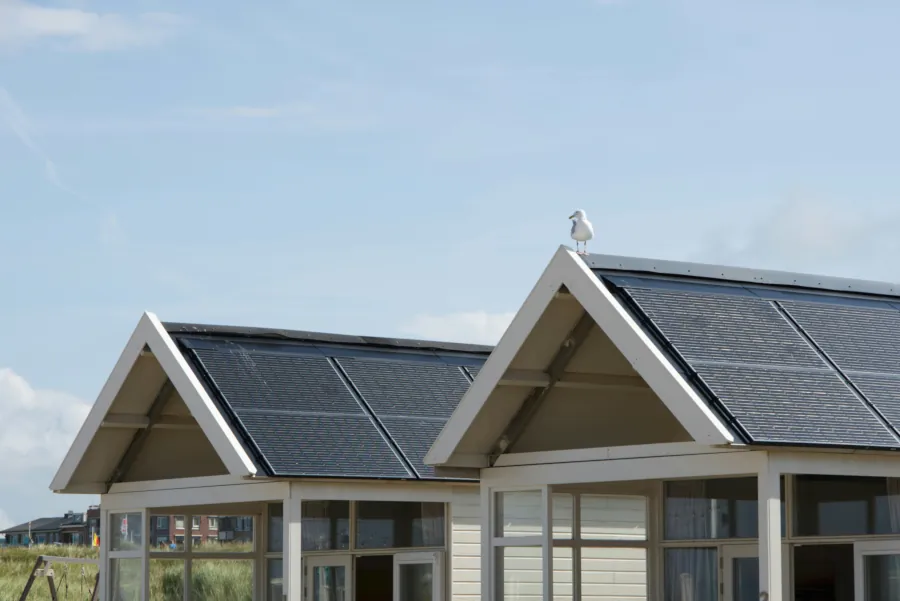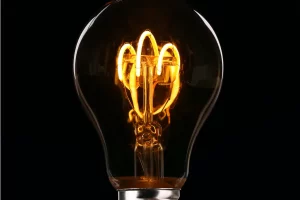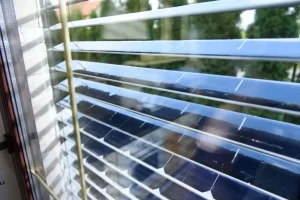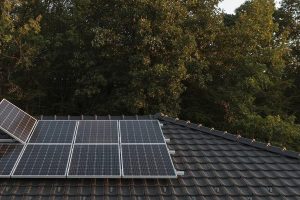As the world increasingly turns towards renewable energy sources, many homeowners are considering solar power as a viable option for reducing their carbon footprint and cutting energy costs. But is your house a good candidate for solar panels? This article will look into the specifications that make a house suitable for solar, how to determine if your location is not ideal, and what steps you can take to ensure your home is ready for solar energy generation.

Specifications for a Solar-Ready House
Understanding the specific requirements and characteristics that make a house ideal for solar energy can help homeowners make informed decisions. This section outlines the key specifications for a solar-ready house, including roof orientation and tilt, roof condition and space, sunlight exposure, local climate, and energy consumption. By evaluating these factors, you can determine whether your home is well-suited for harnessing solar power and how to optimize it for maximum efficiency:
- Roof Orientation and Tilt. The orientation and angle of your roof play a critical role in determining the efficiency of solar panels. In the northern hemisphere, roofs that face south receive the most sunlight throughout the day. A roof with an angle between 15 to 40 degrees is considered optimal for solar panel installation, as it maximizes exposure to the sun.
- Roof Condition and Space. The structural integrity of your roof is essential. It should be in good condition, free of damage or the need for imminent repairs. Additionally, sufficient space is necessary to install an adequate number of panels. Typically, 100 square feet per kilowatt (kW) of solar panels is needed.
- Sunlight Exposure. Consistent and unobstructed sunlight is crucial. Your roof should receive at least 4-5 hours of direct sunlight per day, year-round. Shading from trees, nearby buildings, or other obstructions can significantly reduce the effectiveness of solar panels.
- Local Climate. While solar panels can generate electricity in various weather conditions, areas with high solar irradiance—meaning more sunlight over the year—will yield better results. Locations with frequent cloud cover or heavy snowfall might not be as efficient for solar energy generation.
- Energy Consumption. Assessing your household’s energy consumption patterns is important. Homes with higher electricity use will see more significant benefits from solar power. Reviewing past utility bills can help determine your average energy consumption.
When Your House or Location May Not Be Suitable for Solar
While solar energy offers numerous benefits, it’s important to recognize that not every house or location is ideal for solar panel installation. Various factors can impact the effectiveness and efficiency of solar energy systems, potentially making them a less viable option for some properties. This chapter explores the conditions under which a house or location may not be suitable for solar, such as excessive shading, inadequate roof space or poor orientation, roof condition, local regulations, and financial considerations:
- Excessive Shading. If your roof is heavily shaded by trees or buildings for most of the day, solar panels might not be a viable option. Shading can reduce the panels’ efficiency, making the investment less worthwhile.
- Inadequate Roof Space or Poor Orientation. Homes with limited roof space or roofs that face primarily north might not be suitable for traditional solar panel systems. Alternative solutions, like ground-mounted systems, might be considered but require ample yard space.
- Roof Condition. If your roof is nearing the end of its lifespan or needs significant repairs, it’s advisable to address these issues before installing solar panels. A roof in poor condition can lead to higher costs and complications during installation.
- Local Regulations and Restrictions. Some areas have homeowners’ association (HOA) rules or local regulations that may limit or restrict the installation of solar panels. Always check with local authorities and review any applicable bylaws before proceeding.
- Financial Considerations. While solar panels can lead to long-term savings, the initial investment can be substantial. Evaluate your financial situation and consider available incentives, rebates, and financing options to determine if solar is a feasible investment for your home.
Ensuring Your House is Good for Solar Panels
Deciding to invest in solar energy is a significant commitment that requires careful planning and preparation. To maximize the benefits of solar power, it’s crucial to ensure that your house is well-suited for solar panel installation.
This chapter provides a comprehensive guide to preparing your home for solar energy, covering essential steps such as conducting roof inspections and maintenance, performing shade analyses, conducting energy audits, consulting with solar experts, exploring financing options, and considering alternative solutions. By taking these proactive measures, you can optimize your home’s readiness for solar panels and make a confident transition to renewable energy:
- Roof Inspection and Maintenance. Conduct a thorough inspection of your roof. Ensure it is structurally sound and capable of supporting solar panels. If necessary, perform repairs or upgrades to extend the roof’s lifespan.
- Shade Analysis. Perform a shade analysis to identify and mitigate shading issues. This can be done using solar assessment tools or by consulting with a solar professional. Trimming or removing trees that cause significant shading can improve solar panel efficiency.
- Energy Audit. Conduct an energy audit of your home to understand your current energy consumption and identify opportunities for efficiency improvements. This can help size your solar system appropriately and maximize its benefits.
- Consult with Solar Experts. Engage with solar professionals to assess your home’s suitability for solar panels. They can provide detailed site assessments, including roof measurements, shading analysis, and energy consumption evaluations.
- Explore Financing Options. Research available incentives, rebates, and financing options. Many regions offer tax credits, grants, and low-interest loans for solar installations, which can significantly reduce upfront costs.
- Consider Alternative Solutions. If your roof is not ideal, explore alternative solutions such as ground-mounted solar panels or community solar programs. Ground-mounted systems offer flexibility in orientation and tilt, while community solar allows you to benefit from solar energy without installing panels on your property.
Conclusion
Determining if your house is good for solar involves evaluating several key factors including roof orientation, condition, sunlight exposure, and local climate. While certain conditions might pose challenges, many homes can still benefit from solar energy with the right adjustments and planning. By conducting thorough assessments and consulting with solar experts, you can make informed decisions and potentially enjoy the environmental and financial benefits of solar power.



